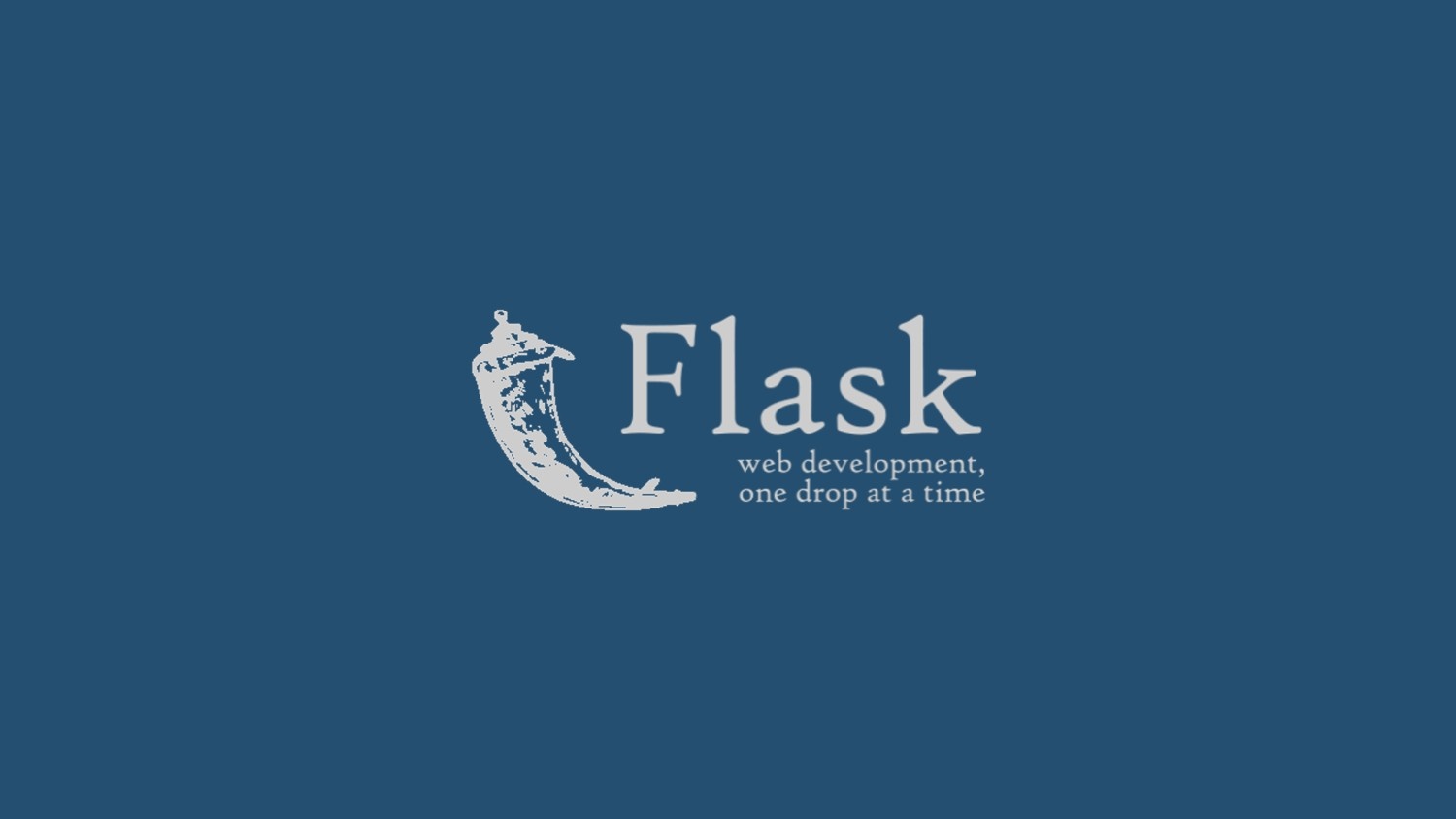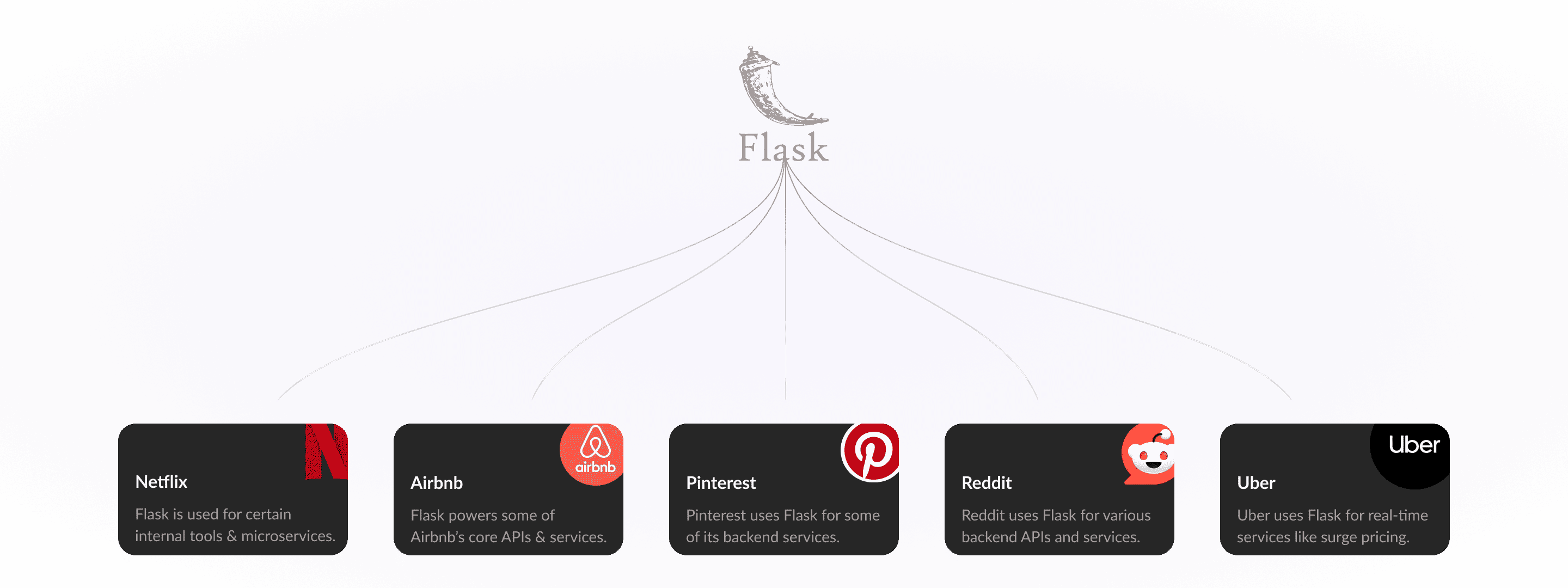Flask is a minimalist and lightweight Python web framework designed to make it easy to develop web applications. Unlike some larger frameworks, Flask provides the flexibility to start small and scale up as your project grows. With its simple, unopinionated structure, Flask allows developers to choose how to implement various parts of their application, making it ideal for building everything from small prototypes to large-scale applications.

Less Overhead: Flask’s minimalist approach means there is minimal overhead when creating applications. It doesn’t impose unnecessary restrictions or a boilerplate structure.
Build as You Grow: You can start small and add features only as needed, scaling your application incrementally as your project grows.
Flask gives developers full control over which components to use and how to structure the application.
Its flexibility makes Flask a great choice for building microservices, where each service can be developed and deployed independently.
Flask is designed to get you up and running quickly. With minimal setup required, you can start building web applications almost immediately.
Flask’s simplicity allows developers to rapidly prototype ideas and applications without dealing with the complexities of larger frameworks.
Flask provides an integrated development server and debugger that helps you quickly test your code.
Flask comes with built-in tools for unit testing and debugging, which simplifies the process of identifying and fixing issues in your application.
Flask’s documentation is clear and extensive, making it easy for developers to find what they need.
Flask’s strong community offers tons of resources, tutorials, and answers to common problems
Flask is ideal for:
Flask allows you to easily define routes and map them to functions. The routing system is clean, flexible, and straightforward.
Flask uses the Jinja2 templating engine, which allows you to generate dynamic HTML pages using Python-like expressions in your templates.
Flask is built to handle HTTP requests and responses effectively, allowing for smooth handling of data and APIs.
Flask comes with an integrated web server that allows for fast development and testing without needing a full-fledged web server.
Flask allows you to structure your application by dividing it into components called blueprints. This helps in managing large applications and maintaining modularity.
Flask provides simple session management to store user data on the server side between requests.
Flask is used by several high-profile organizations and startups for building a variety of web applications. Some of the notable examples include:

At Fastor7, we specialize in building fast, scalable, and lightweight web applications with Flask. Our services include:
The Tech Product Studio




















